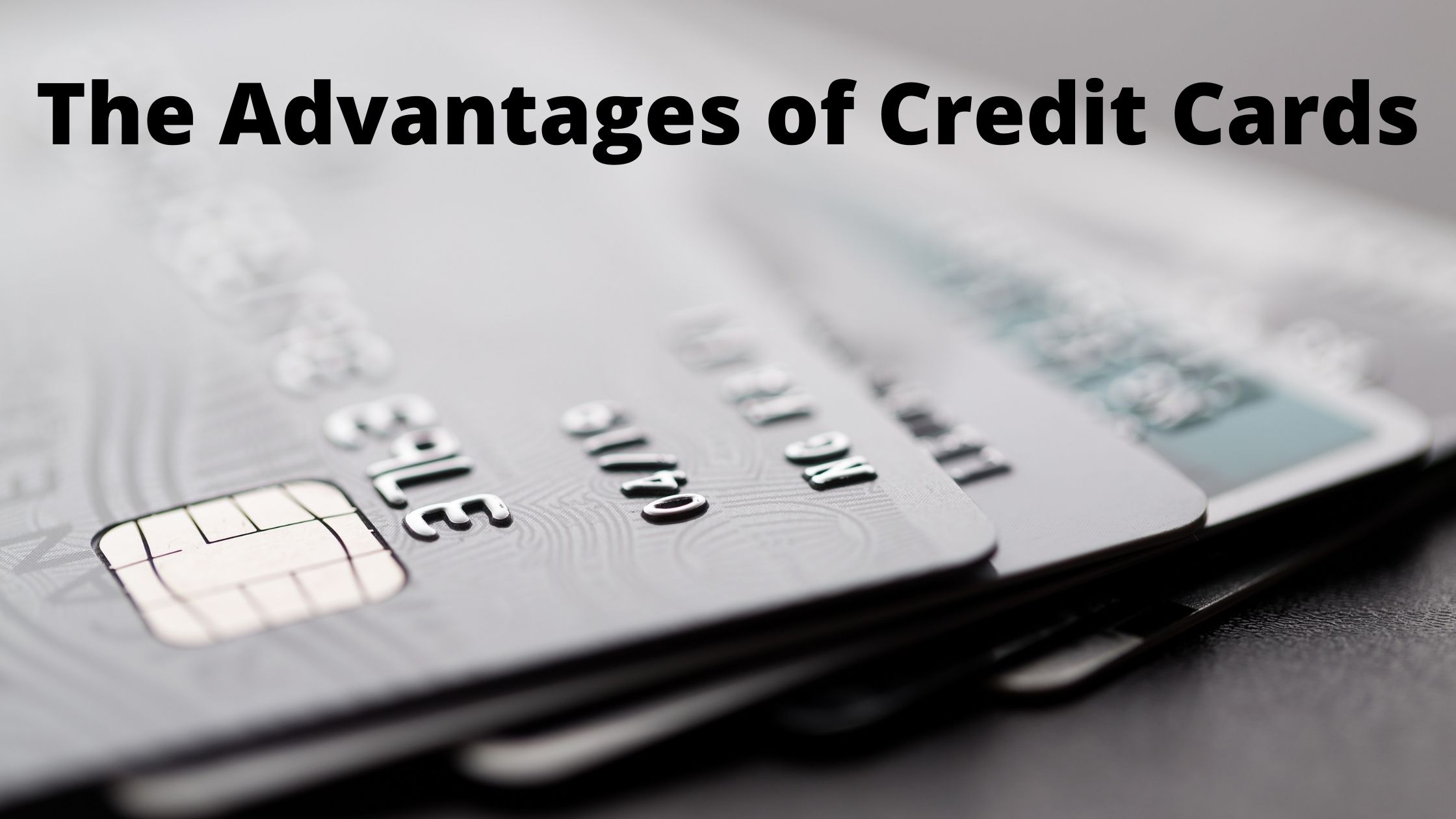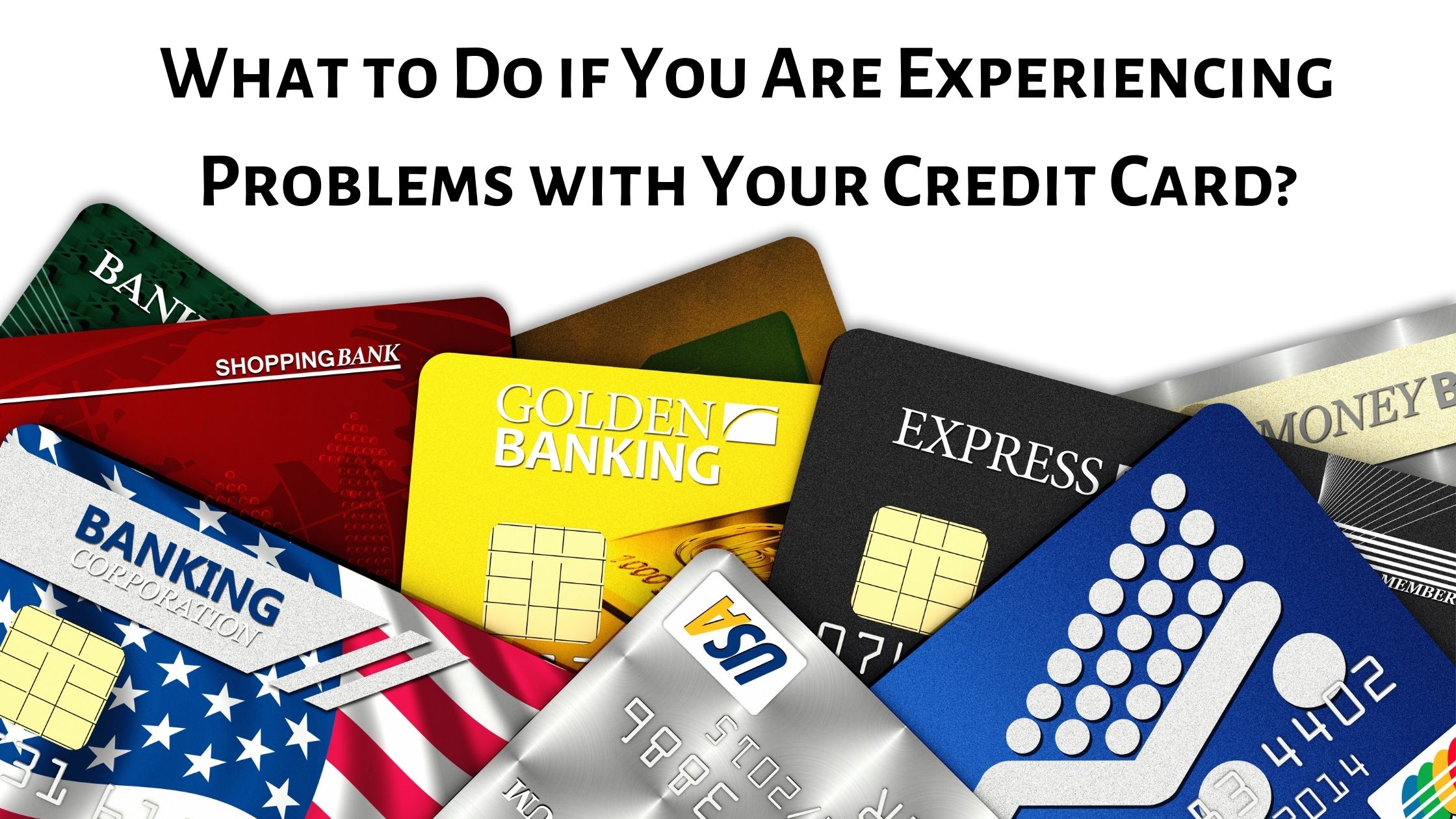Credit cards are a staple in the modern world, used by both individuals and businesses alike. Everyone knows how to use them, and most people carry at least one around in their wallet. But what is the underlying technology that allows us to spend our money with ease?
In this article, we will be exploring the idea behind credit cards and how they work. We will discuss the history of credit cards, as well as the technology that underlies them. We will also look at some of the pros and cons of using credit cards, so that you can make an informed decision about whether or not this type of payment system is right for you.
How Credit Cards Work?
Credit cards are a technology that many people use on a daily basis. They allow people to borrow money from a lender in order to purchase goods or services. Credit cards work by electronically transferring funds from the cardholder’s account to the lender’s account. This process happens automatically each month, and allows cardholders to avoid having to carry large amounts of cash around.
When someone wants to purchase something with a credit card, they first need to find a participating store or restaurant. Once there, they will need to show their credit card and identification, and may be asked to sign some paperwork. The purchase will then be processed through the credit card company’s system, and the funds should be available in the cardholder’s account within a few hours.
There are several different types of credit cards, and each one has its own set of benefits and limitations. Some of the most popular types of credit cards include plastic cards, debit cards, and prepaid cards.
How Credit Card Companies Make Money?
Credit cards are a popular way to borrow money, but how do they work? Credit card companies make money by charging interest on the borrowed money and charging fees for use of the card.
The idea behind credit cards is simple: borrow a set amount of money from a credit card company, and pay that amount back over time with interest. The credit card company then charges you interest and fees every month on the amount you borrowed plus any additional costs associated with using the card, such as maintenance fees.
Credit cards can be a great way to manage your spending, but be careful not to overspend. If you don’t pay your bills on time, your credit score can suffer, which could make it harder to get approved for future loans or credit cards.
The Advantages of Credit Cards
Credit cards have a long history, dating back to 1795 when the first modern credit card was created. Back then, merchants used a promissory note system to accept payments from customers. The popularity of credit cards grew in the early 1900s as more and more people began to use them for everyday transactions.
Today, credit cards are one of the most popular payment methods in the world. They provide consumers with several advantages over other forms of payment:
-Credit cards allow consumers to borrow money up to a certain limit in order to purchase items or withdraw cash. This allows them to get approved for a loan and spend money without having to worry about having enough money available in their bank account.
-Credit cards also provide borrowers with extended repayment periods, which can provide them with more flexibility when it comes time to pay off their debt.
-Credit card companies typically offer lower interest rates than loans from banks. This means that borrowers can save money over the life of their debt by using a credit card instead of a loan.
Disadvantages of Credit Cards
If you have a credit card, there are a few things you should be aware of before using it. Credit cards are often seen as a way to build your credit score and get affordable luxuries like plane tickets or hotels. However, there are some disadvantages to using a credit card that you should be aware of.
The main disadvantage of using a credit card is that it can lead to spending more money than you planned. When you use your credit card to purchase something expensive, the store may give you a discount on that item in order to make up for the fact that you will pay interest on that purchase from the moment it’s made. This means that if you don’t pay off your balance each month, your debt will increase over time.
Another disadvantage of using a credit card is that it can lead to high interest rates. If you don’t pay your balance off each month, your interest rate will rise, and eventually reach levels that are very high compared to other types of loans. this can combined with the fact that most credit cards require minimum monthly payments to avoid interest charges can really add up over time.
Overall, there are some definite drawbacks to using a credit card. It’s important to
What to Do if You Are Experiencing Problems with Your Credit Card?
If you’re having problems with your credit card, there are a few things you can do to try and resolve the issue. First, make sure that you’re following the guidelines set by your credit card company. These guidelines might include using your card sparingly, not making large purchases, and maintaining a good credit score. If these measures don’t help, then you might have to contact your credit card company and explain your situation. In some cases, your credit card company might offer you a solution like lowering your interest rate or increasing your limit.


